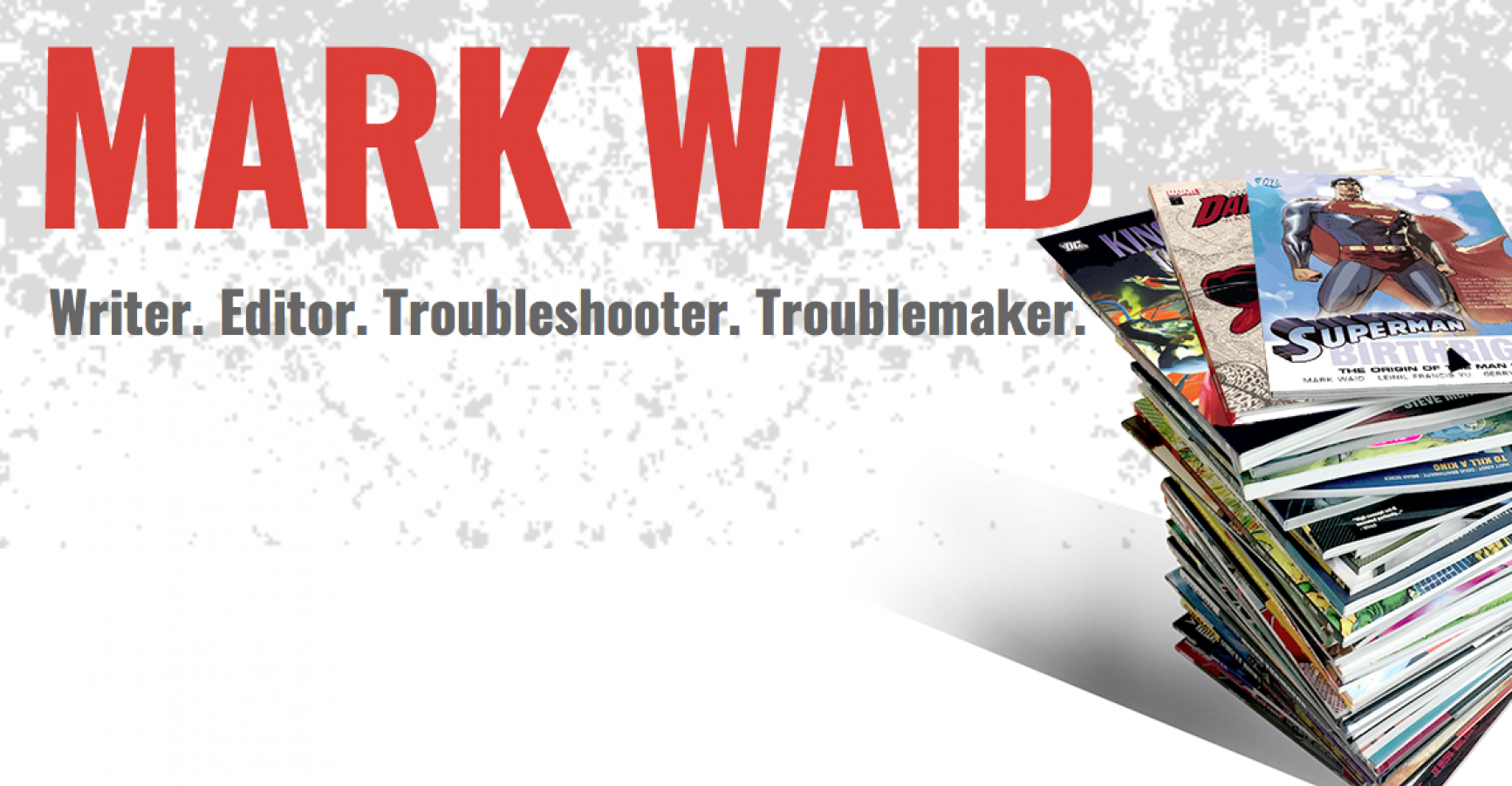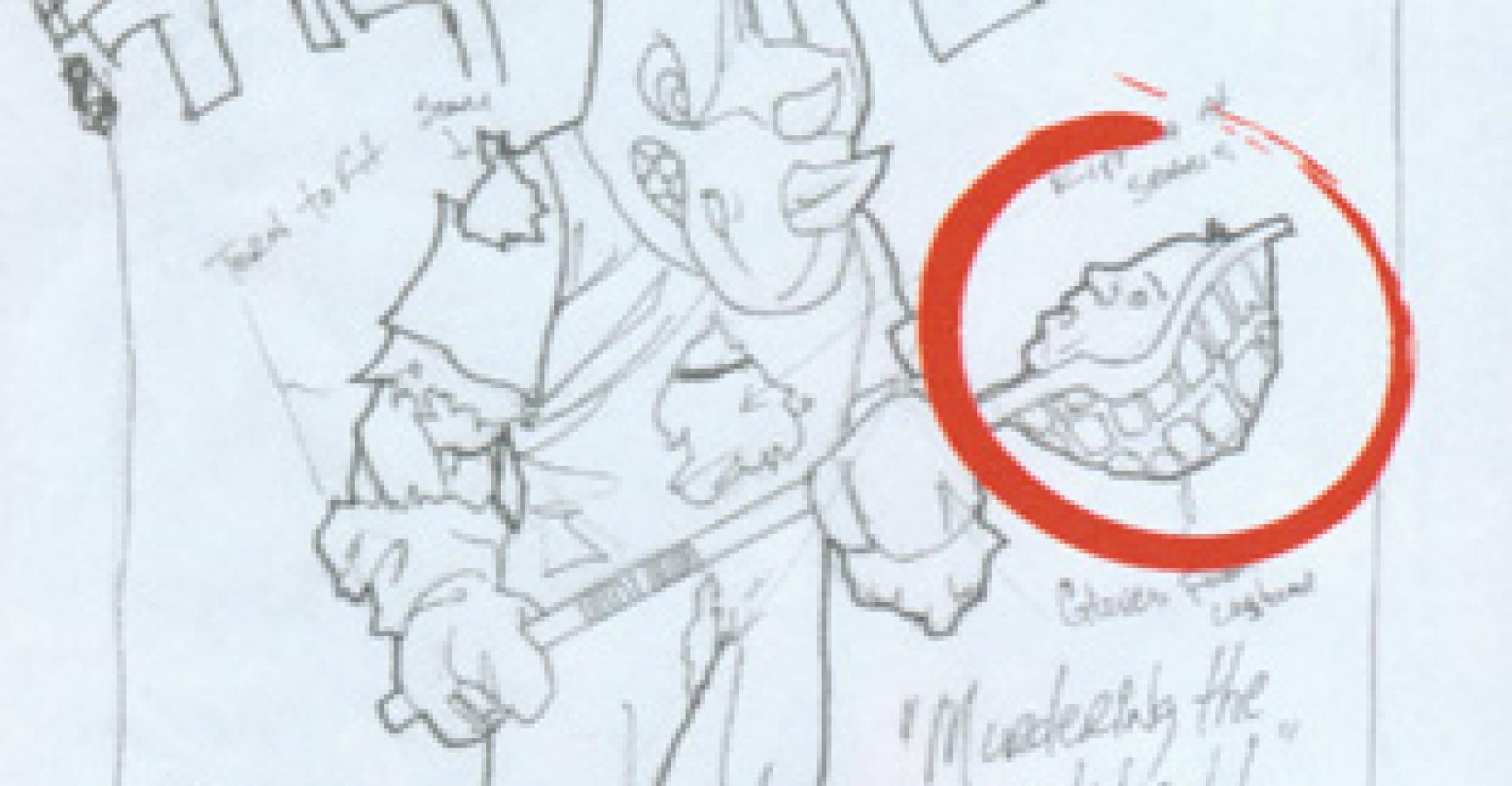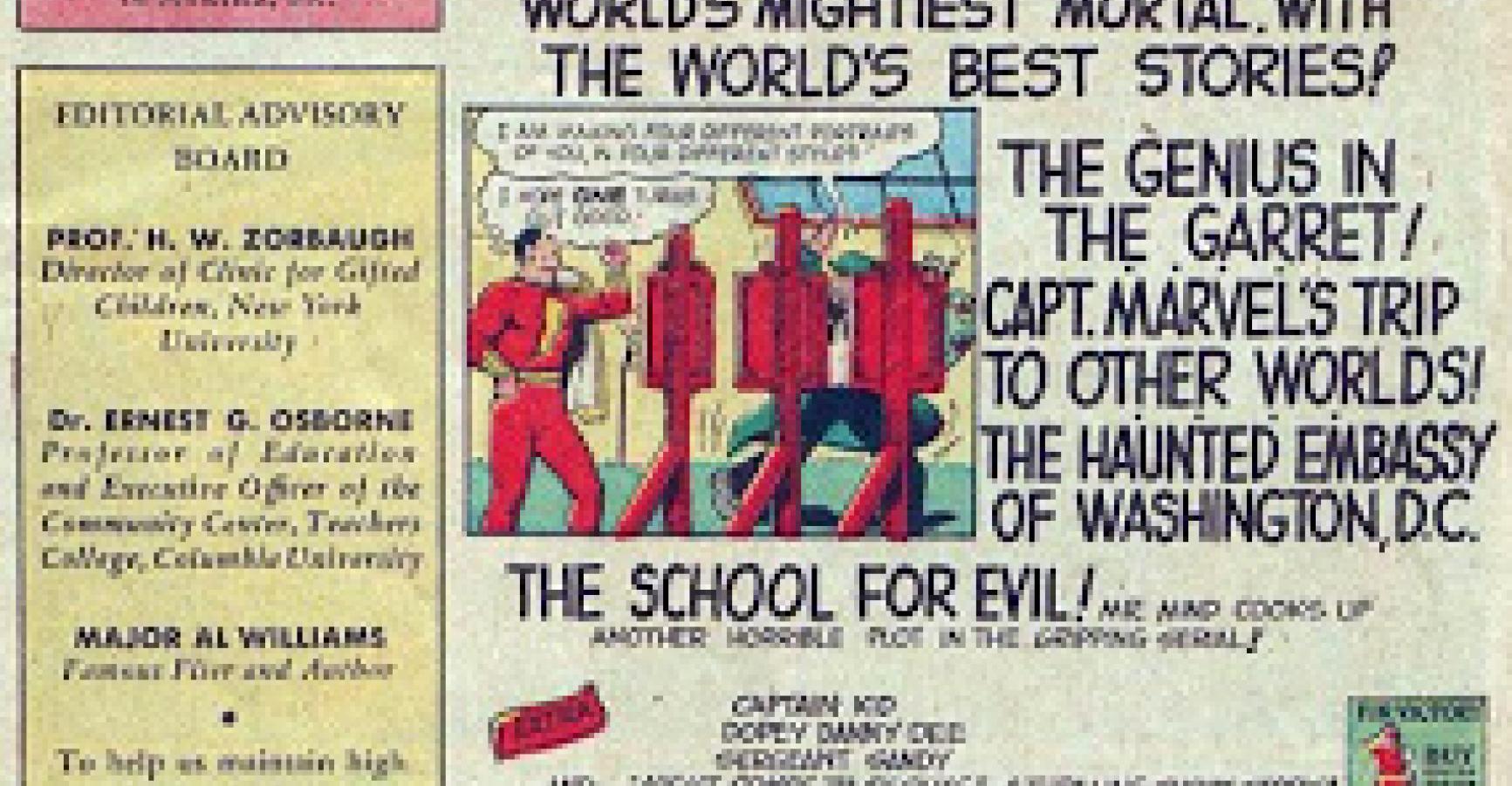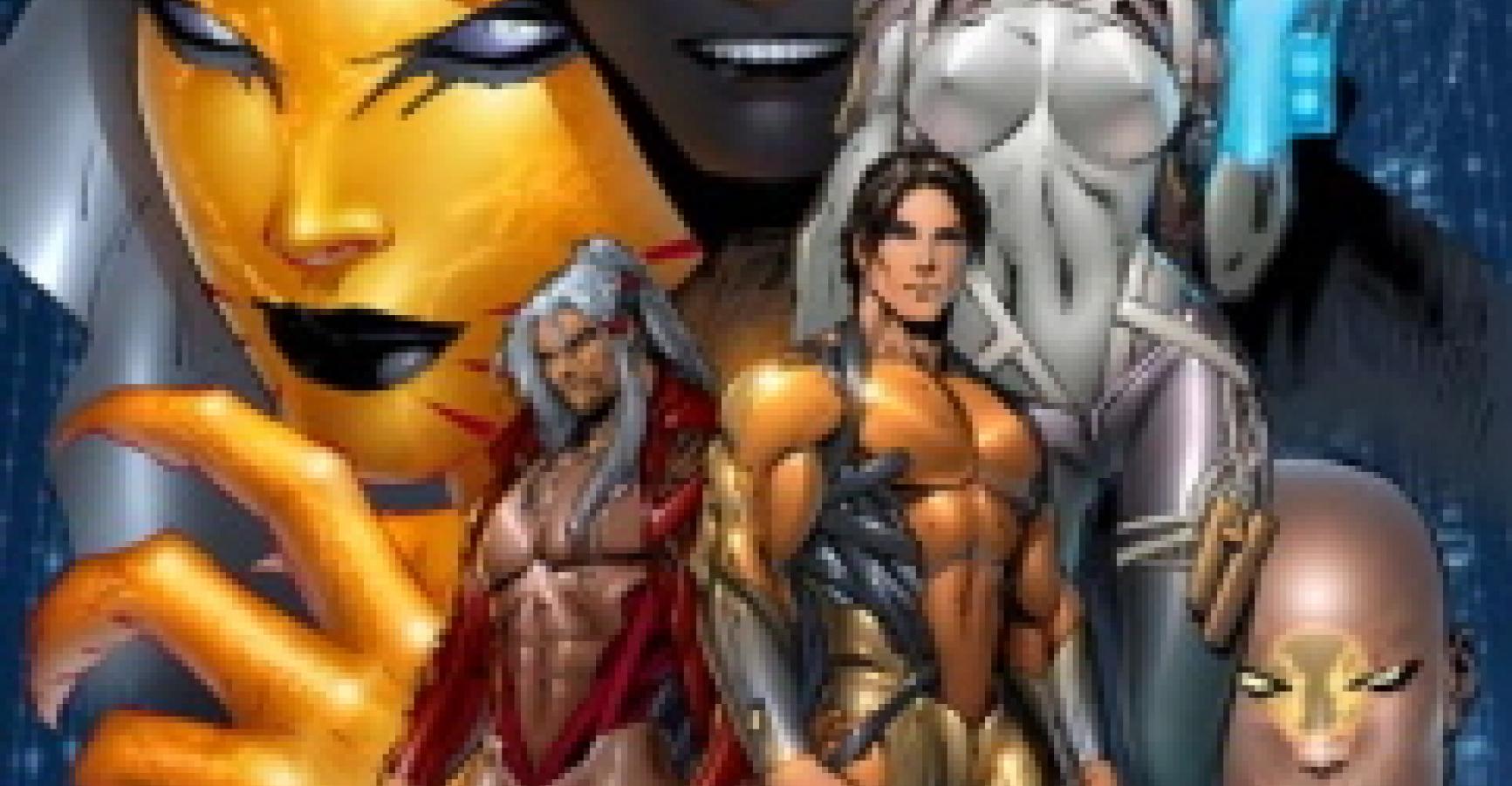Wherever you were yesterday at about 10:00 a.m. PST, if you heard the distant sound of a scream, that was me. I’d gone to bed the previous night having finished the most recent script for IRREDEEMABLE and feeling very good about it–
–and then I sat down the next morning to polish it and realized that it was crap, because I’d forgotten to deliver on one of my fundamental rules of storytelling. Structurally, the script was fine, and the dialogue was good. Everyone served the plot quite well, thank you, everyone acted consistent with his or her established personalities, and there were little moments of shock peppered throughout the story and at least one moment in there that feels like I turned over a rock to show you some squiggly things, so, yeah, check, check, check, but it still felt hollow…
…because, upon re-reading the script with a fresh eye, I found that no one in the story had surprised me.
It was easy to overlook in its absence. I mean, the plot moved, and people were doing interesting things. But overall, the story felt very binary, if you will; in every scene, the characters could have gone in one of two directions, but really only two–and the most arresting moments in stories, the ones that make them unforgettable, are the moments where someone makes an outrageous third choice that you never in a million years could have seen coming.
My all-time favorite example is from the excellent movie Se7en: up until the final few scenes, the plot’s pretty much a straight-up police procedural. Yes, there are enough twists and turns throughout to maintain the suspense, but as with all procedurals, the only real question in the back of the audience’s mind is “How will they catch the criminal?” because everyone’s doing what they’re supposed to be doing–the detectives are detecting, the murder is murdering, etc. And that’s fine. Thousands of compelling, suspenseful stories have been woven around the simple question “How will they catch him?”
And then, near the end of Se7en, the murderer the detectives have been chasing all this time makes an amazing choice that seems to come out of absolutely nowhere. He simply walks into the station, confesses, and surrenders…and tells the cops he can take them to two final bodies if they’ll just get in the car and let him navigate. And they just start driving.
Up to that moment, we in the audience kind of knew where the story was ultimately headed. We didn’t know how it would happen, but we knew the cops would eventually catch and punish the criminal, the end, because that’s what happens in a procedural. And, suddenly, boom, one character kicks the game board over, and now, for the first time since the opening credits, no one in the audience has the slightest clue where this story is going.
That’s what you want as a writer. At least once in your story, maybe more, just when you think the readers might be getting a little too comfortable, you want a character to zig where they were expected to zag–to make a surprising, unexpected choice, the more out-of-the-blue the better. (See also The Frighteners, the most criminally underrated screenplay of all time, for a thousand other examples.) As long as it’s a choice that’s ultimately in character, then the more shocking, the more it works. I can think of no better way to maintain suspense and keep the story energized, and it’s one of my favorite tricks. Try it at least once per script. Make a point of having either your protagonist or your antagonist make a hard, hard left at some juncture where convention and tradition would dictate they turn right, and see where that takes you; you can always undo it. But in my experience, you probably won’t want to.
Next: the sister post–the trap of False Suspense and how to avoid it.



